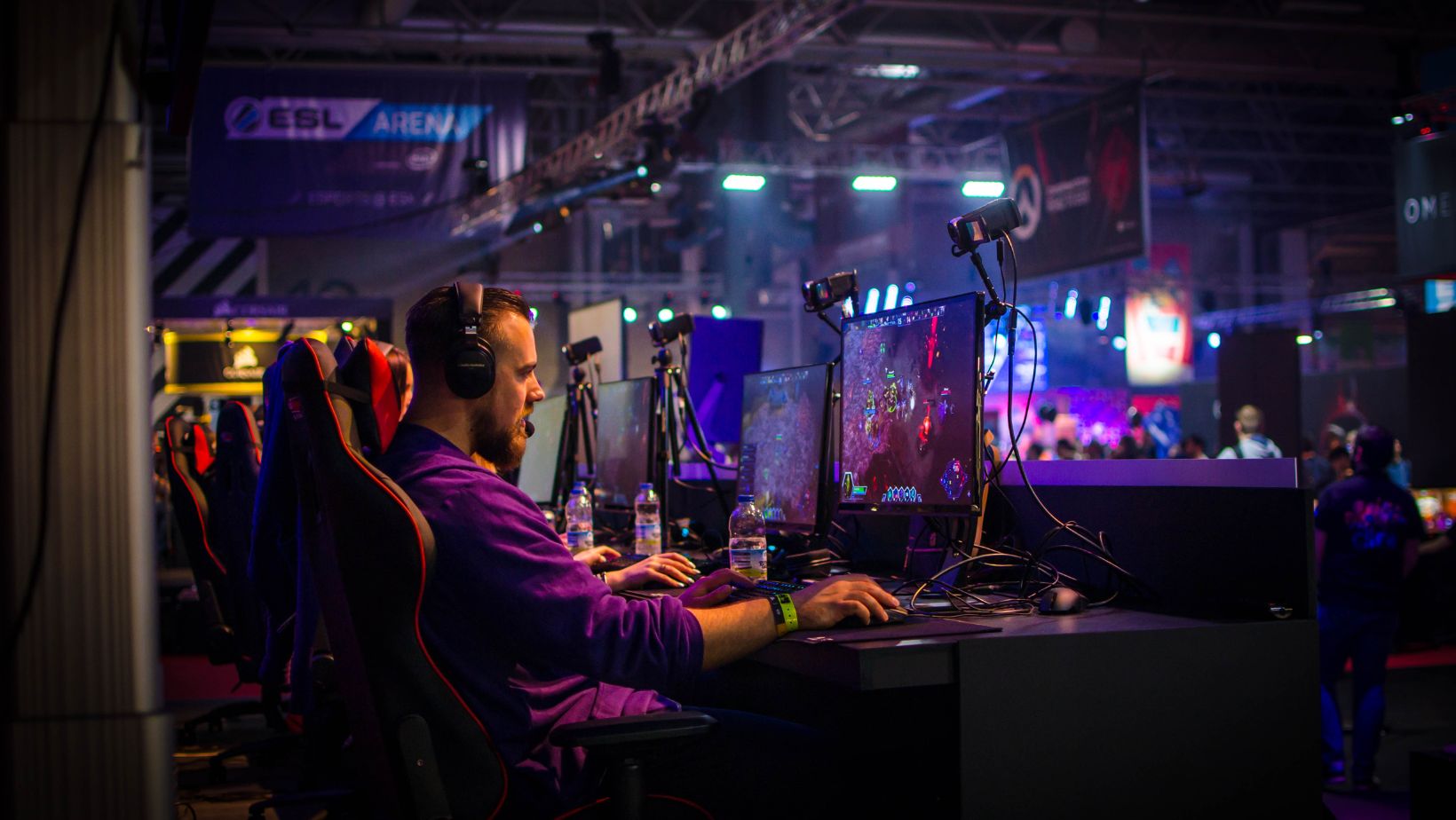
The world of competitive gaming, known as esports, has experienced a fantastic rise in popularity over the past decade. What was once considered a niche hobby has transformed into a global phenomenon, reshaping the landscape of entertainment and sports. This rise has not only created a new industry but has also started to exert a significant influence on traditional sports. As esports continues to evolve, it’s also forming intriguing connections with other sectors of the gaming world, including the rapidly growing iGaming industry.
The Growth of Esports
Esports has transformed remarkably from basement LAN parties to sold-out arena events. The industry has seen exponential growth in viewership, sponsorships, and the establishment of professional leagues.
Major tournaments like The International for Dota 2 and the League of Legends World Championship now offer prize pools that rival or exceed those of traditional sports events. This growth has attracted the attention of major brands, media companies, and even traditional sports organisations. Companies like Intel, Mercedes-Benz and Louis Vuitton have become major sponsors in the esports world, legitimising it as a mainstream form of entertainment and competition.
Esports vs. Traditional Sports: A Comparison
While esports and traditional sports share many similarities in terms of competitive spirit, team dynamics, and the need for strategy and skill, they also have distinct differences. Esports has a unique advantage in its ability to engage younger, tech-savvy audiences. The average age of esports viewers is significantly lower than that of traditional sports, making it an attractive market for advertisers and sponsors looking to reach younger demographics.
Both esports and traditional sports rely heavily on fan engagement, monetisation through sponsorships and media rights, and extensive media coverage. However, esports has the advantage of being inherently digital, allowing for more interactive viewing experiences and easier global accessibility.
The way fans consume esports content is also different. While traditional sports are still primarily watched on television, esports viewership is dominated by streaming platforms like Twitch and YouTube Gaming. This digital-first approach allows for more direct interaction between players, teams, and fans, creating a more immersive experience.
The Influence of Esports on Traditional Sports
Recognising the potential of esports, many traditional sports organisations started incorporating elements of competitive gaming into their strategies. The NBA, for instance, launched the NBA 2K League in 2018, a professional esports league featuring the best NBA 2K players in the world. Similarly, Formula 1 has embraced virtual racing with its F1 Esports Series, which gained significant traction during the pandemic when physical races were suspended.
Traditional sports also adopt esports-style streaming and broadcast techniques to enhance viewer experience. For example, the NFL has experimented with Twitch-style interactive broadcasts, allowing viewers to participate in polls and discussions during games.
Furthermore, many traditional sports teams have invested in or created their own esports teams. For instance, Paris Saint-Germain, a renowned football club, has successful esports divisions competing in games like League of Legends and Dota 2. This cross-pollination is helping traditional sports tap into new audiences while lending legitimacy to esports organisations.
In the same way esports has rapidly gained popularity and is now recognised as a legitimate form of entertainment and competition, the iGaming industry is evolving with fast withdrawal casino sites, catering to the growing demand for instant gratification among players. Just as esports fans crave real-time action, casino players increasingly seek platforms that offer quick access to their winnings. This parallel between esports and online gaming reflects the broader trend of providing immediate, seamless user experiences, whether placing bets or watching live esports tournaments.
Final Thoughts
The rise of esports represents a significant shift in the world of sports and entertainment. Its influence extends beyond competitive gaming, reshaping how we think about sports, fan engagement, and digital entertainment. As traditional sports adapt to the digital age, they’re increasingly looking to esports for inspiration and opportunities for collaboration.
Meanwhile, the growing connections between esports and other sectors of the gaming industry, such as iGaming, highlight the broader impact of this digital revolution.
As we look to the future, it’s clear that the lines between different forms of digital entertainment will continue to blur. Esports, traditional sports, and iGaming will likely become increasingly interconnected, driven by technological advancements and changing consumer preferences. This convergence promises to create new and exciting opportunities for players, fans, and businesses alike, shaping the future of entertainment in the digital age.



